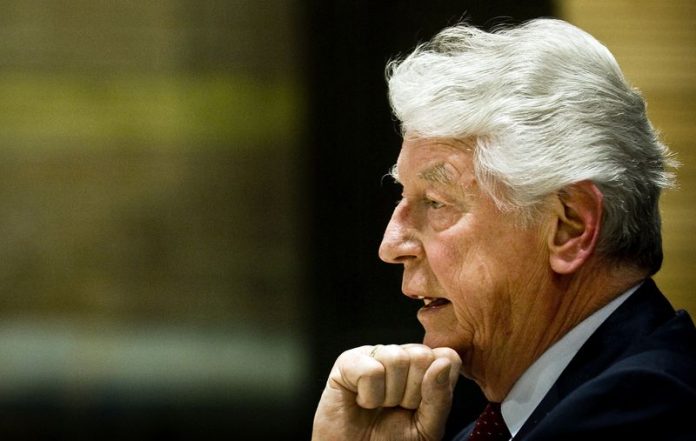Wim Kok, a former Dutch prime minister who helped forge the country’s famed consensus-based politics and oversaw the pioneering legalisation of euthanasia and gay marriage, has died of heart failure at the age of 80.
Kok led two centrist coalitions between 1994 and 2002, overseeing a period of recovery and then of strong economic growth.
A labour union leader earlier in his career, he was one architect of the country’s famed “polder” or consensus-based model of politics, in which unions agreed to pay restraint in exchange for more jobs, while employers and the government guaranteed support and retraining after redundancies.
As prime minister, he reined in spending on healthcare, pensions, education and child benefits, using the savings to promote employment.
In a world first, euthanasia was legalised in the Netherlands in 2002, formalising decades of practice.
Though Denmark had first legalised gay partnerships in the 1980s, the Netherlands followed in 1998 and became the first to erase any distinction between same-sex and other marriages in 2001.
Kok was friends with Tony Blair, then British prime minister and Bill Clinton, the US president as they crafted the moderate centre-left “third way”.
“Shaking off ideological feathers is not a problem only. For a political party like ours, it’s also a liberating experience,” Kok said of steering Labour toward the political centre.
Current prime minister Mark Rutte praised Kok as someone who “stood above political parties”.
Kok was “totally reliable, totally upright, and always focused on solutions”, Rutte said in a statement.
Internationally, Kok was strongly pro-European, helping to seal European economic and monetary union at the Amsterdam summit in 1997.







